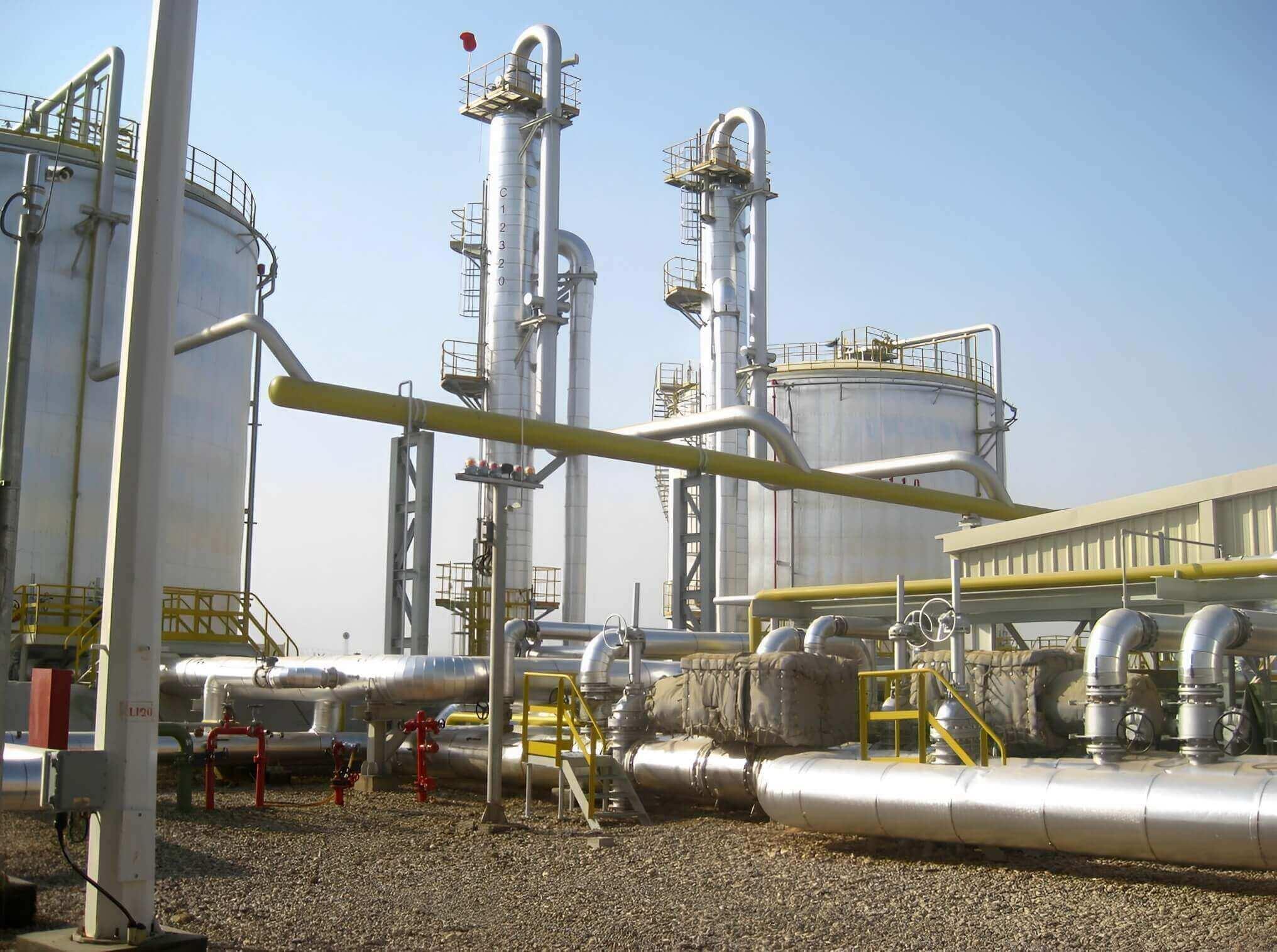A Deep Dive into the Role of Construction Companies in Iraq’s Urban Expansion

Over the past two decades, Iraq has been on a determined path toward reconstruction and modernization. Following years of conflict and infrastructure degradation, the nation has prioritized rebuilding cities, improving public services, and expanding its industrial capabilities. At the heart of this transformation are construction companies in Iraq, which are driving development across sectors and helping lay the foundation for a stronger, more resilient country.
The Importance of Construction in Iraq’s Recovery
In any post-conflict setting, rebuilding physical infrastructure is essential for economic and social recovery. Iraq is no exception. Roads, bridges, housing, energy plants, hospitals, and schools all need restoration or complete redevelopment. This surge in demand has opened significant opportunities for construction companies in Iraq, both domestic and international, to contribute their expertise and resources.
These companies play a central role in national development by not only constructing essential facilities but also creating job opportunities, stimulating local economies, and enhancing regional connectivity. As the Iraqi government and private sector continue to invest in strategic projects, construction companies are being called upon to deliver results that are efficient, sustainable, and long-lasting.
Major Areas of Focus for Construction Companies
Iraq’s infrastructure needs span multiple industries, giving construction companies a wide field of operation. Some of the major areas where their impact is most visible include:
- Residential and Commercial Development: With a growing population and urbanization trend, Iraq is experiencing a housing shortage, particularly in major cities like Baghdad, Basra, and Erbil. Construction companies are actively working to meet this demand by building residential complexes, office buildings, and retail centers.
- Energy and Industrial Infrastructure: Iraq's vast oil and gas reserves are a significant driver of economic activity. Construction companies are involved in developing refineries, pipelines, storage facilities, and power stations—critical for both domestic use and export.
- Transportation Networks: Restoring and expanding Iraq’s roadways, railways, ports, and airports is a top priority for connecting communities and facilitating trade. These projects also make it easier for foreign investors and businesses to operate within the country.
- Public Services and Institutions: Projects involving the construction of schools, hospitals, water treatment facilities, and government buildings are helping improve the quality of life for Iraqi citizens and boost public confidence in reconstruction efforts.
Challenges in the Iraqi Construction Sector
While opportunities are abundant, working in Iraq’s construction industry is not without challenges. Security concerns in some regions can hinder project timelines and raise operational risks. Additionally, bureaucratic hurdles, fluctuating oil prices, and inconsistent access to construction materials can complicate logistics and budgeting.
However, many companies have adapted to these realities by forming strong partnerships with local authorities, investing in workforce development, and adopting flexible project management strategies. Companies that prioritize safety, transparency, and sustainability are especially well-positioned to succeed in Iraq’s evolving construction landscape.
MUE Group: A Trusted Name in Iraqi Construction
One of the leading players making a mark in this space is MUE Group, a company known for its commitment to quality, innovation, and reliability. With a proven track record in delivering complex projects across Iraq, MUE Group has become a trusted name in the field of engineering and construction. Their portfolio spans infrastructure development, oil and gas facility construction, and civil engineering, all carried out with a focus on international standards and client satisfaction.
MUE Group’s emphasis on local engagement and workforce development further strengthens its reputation. By investing in the training and upskilling of local workers, the company not only enhances project outcomes but also contributes to Iraq’s long-term human capital development.
A Look Ahead: The Future of Construction in Iraq
As Iraq continues to stabilize politically and economically, the outlook for its construction industry is optimistic. The government’s commitment to national development, combined with international interest in the region’s energy and logistics sectors, creates a robust pipeline of upcoming projects.
Moreover, the growing adoption of modern technologies—such as prefabrication, green building techniques, and digital project management—is helping construction companies in Iraq deliver projects more efficiently and sustainably. These trends will likely shape the next chapter of Iraq’s development, offering even more opportunities for firms that can innovate and adapt.
Conclusion
Construction companies in Iraq are playing a pivotal role in rebuilding a nation and preparing it for the challenges of the 21st century. From homes and highways to hospitals and power plants, these companies are not only restoring what was lost but also laying the groundwork for a better future. With dedicated firms like MUE Group leading the way, Iraq's construction industry stands as a symbol of hope, resilience, and progress.

- Art
- Causes
- Crafts
- Dance
- Drinks
- Film
- Fitness
- Food
- Giochi
- Gardening
- Health
- Home
- Literature
- Musica
- Networking
- Altre informazioni
- Party
- Religion
- Shopping
- Sports
- Theater
- Wellness


